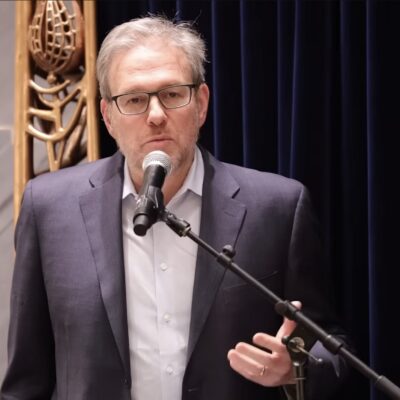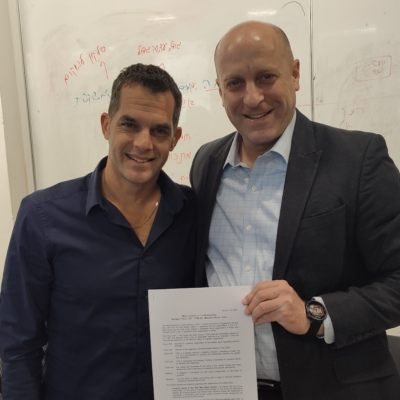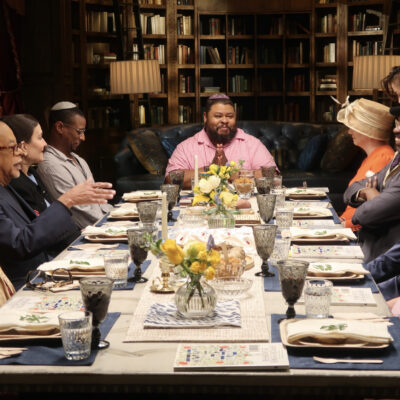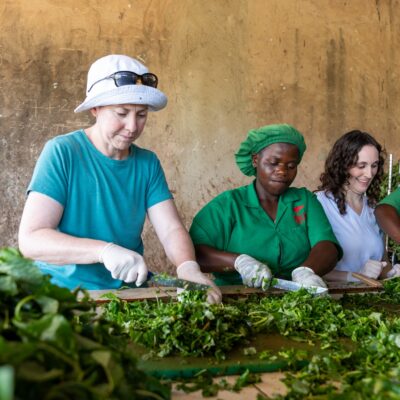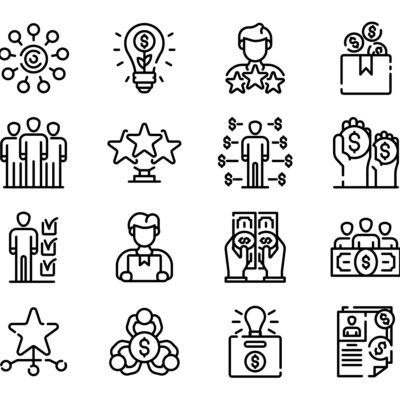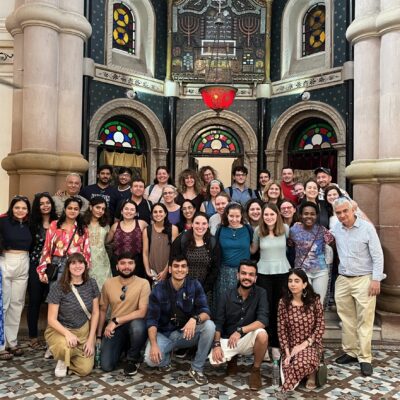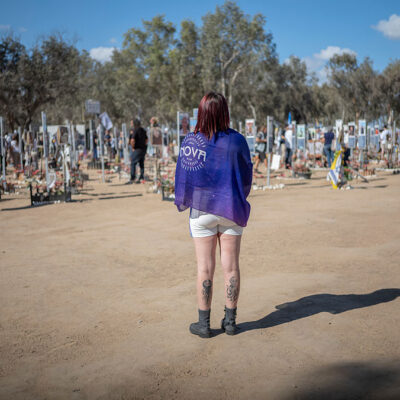Opinion
The Unfinished Work of Inclusion

By Sheila Katz
“Hmmm. Okay, there are steps here” our tour guide murmured. “Let’s try going this way instead.”
I was a prospective student visiting the campus I hoped to attend alongside my parents and sisters when we got stuck along the tour route. Our tour guide didn’t know how to get to the next part of the tour without going up a large set of steps my mother was unable to climb. So, we went through the mail room, through the trash room, and behind the kitchen to get to the main section of the student union. While everything about this campus was inviting to me, unknowingly and unintentionally, the college was sending my mother a message: This tour isn’t for you.
That moment solidified in the front of my mind the necessity for disability inclusion, the need for universal design and universally welcoming experiences. And it’s why, years later, I was so excited to help make a match between my organization, Hillel International, the world’s largest Jewish campus organization on 600 campuses, and the Ruderman Family Foundation, a leader in disability advocacy and inclusion. Since it began in 2016, this partnership led us from having disability inclusion as a small part of one person’s work at Hillel to being fully integrated into all departments throughout our organization.
Looking back on the last three years of this endeavor, I realize that there are five important lessons one can learn from our ongoing quest to make Jewish campus life more inclusive:
- Nothing About Us Without Us. You don’t have to be an expert to start this work, you just have to be sincere in your wish to learn and do better, and to involve the right people. The motto in the disability world is “nothing about us without us” and this is a guiding principle for our work at Hillel. The smartest decision we made was to hire Matan Koch, whose mission is to promote the universal inclusion of people with disabilities in all aspects of society, using strategies that benefit everyone, as the lead facilitator for this new endeavor.
- Start somewhere and iterate. Successful inclusion work isn’t a one-time program, but often times it’s the easiest way to start. At Hillel, that was the launch of the Ruderman Inclusion Ambassadors, students on campuses across our movement who are charged with creating and implementing programs to build campus awareness and encourage inclusion of students with disabilities in campus life. The program, which began on seven campuses and has since grown to 27 campuses, allowed us to learn what was happening on campuses and what wasn’t, and to train incredible disability advocates to make their Hillels and campuses more inclusive. Over time, we learned that disability inclusion needs to be integrated into everything we do as an organization. Now, in addition to the Ruderman Inclusion Ambassadors, Hillel International’s entire senior leadership is trained in disability inclusion and design. Our conferences start from a place of inclusion rather than adding it in as an afterthought. And our trainings include universal design as a standard course for all Hillel employees.
- Keep the faith. In 2017, the executive director of Hillels of Westchester, Rachel Klein, took a leap of faith with three students on the autism spectrum joining the group she brought to the AIPAC Policy Conference in Washington. She wasn’t sure how the students would fare in an environment surrounded by thousands of strangers and last-minute schedule changes and also knew these students had so much to gain and offer the conference. Instead of being overwhelmed by what could go wrong, she had open and honest conversations with the participants and made sure to be the stability they were seeking. The end result was better than her wildest dreams. The students not only engaged fully in the conference but showed new capacity for leadership that they took back with them to campus.
- Listen to the end user and change course where necessary. Don’t panic if you find that your initial hypothesis was wrong and that your audience needs something different along the way. When we started, we thought physical disability would be the greatest area of our work, especially with campuses having been built before inclusion was in mind. But we quickly discovered that our professionals were already skilled in responding to the unique needs of students with physical disabilities and we could increase our impact by helping them respond to invisible disabilities including mental health. This led us to conceive of and begin to develop HillelWell, a new initiative that prioritizes wellness on campus with a goal of destigmatizing common struggles faced by students. Still in its pilot year, HillelWell is already on its way to redefining how students are supported by their campus Hillels when facing mental health challenges.
- Disability inclusion is ongoing work. At Hillel, our quest to be more inclusive in how we share information has exposed the reality that success takes time. We realized our videos needed captions and began using an automated service through which we learned that “Hillel” auto captioned to “hell,” which clearly presented a different problem. So, we began to caption all videos manually for use online and to show in plenaries at conferences. Then people asked us to live-caption our plenaries. And then they asked why it wasn’t perfect. Each phase of taking it one step further has pushed us to do more and revealed more challenges. Each marker of progress opens up more to do to be fully inclusive. We see these moments as opportunities and continue to move forward together.
Even after the challenges my family experienced on our campus tour, I did end up attending that college. And I worked with campus administration to create a tour route that was accessible for everyone. In 2019, it’s far past time for organizations and institutions to take a hard look at how they are creating, or preventing, accessible spaces. As Ruth Messinger says, “We cannot retreat to the convenience of being overwhelmed.” The first action item is never easy, and it won’t be perfect, but we can’t give up. Too many people are depending on us to succeed and our organizations are stronger when everyone is able to thrive.
Sheila Katz is the Vice President for Student Engagement and Leadership at Hillel International.

 Add EJP on Google
Add EJP on Google